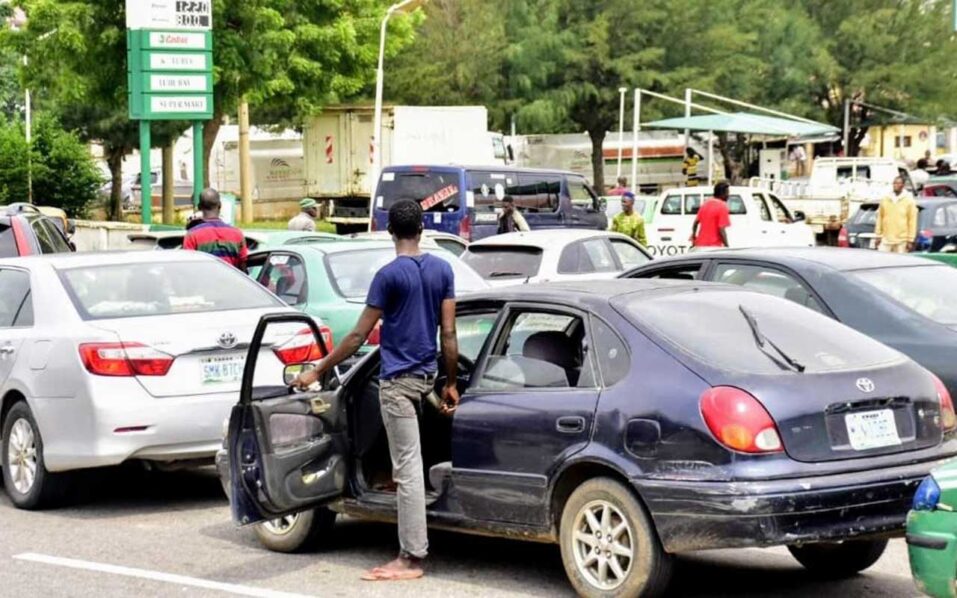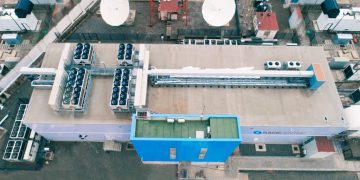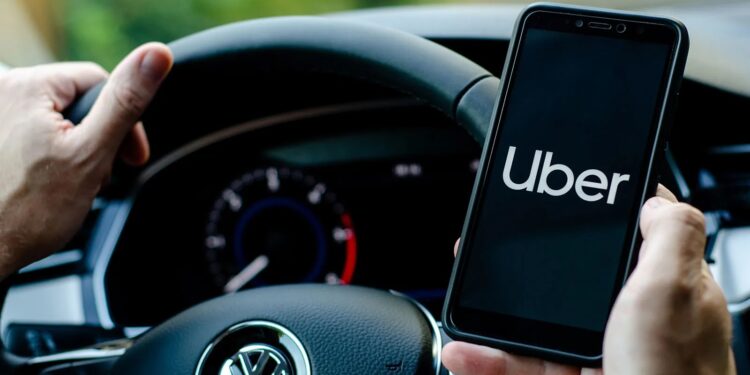Ride-hailing platforms in Nigeria are facing a tough time as fuel prices soar to ₦897 per litre. After two months of fuel shortages, these companies are considering raising ride fares to cope with the increased costs.
However, balancing the needs of both drivers and passengers is proving to be a challenge.
Uber Nigeria’s country manager, Tope Akinwumi, acknowledged the situation, stating, “We are currently conducting a comprehensive review of the recent increase in fuel prices and considering various initiatives to minimize its impact on driver earnings.”
“Our aim is that Uber remains the app of choice for drivers while ensuring an affordable service for riders.”
Drivers are already expecting platforms like Uber and Bolt, which use algorithms to set prices, to increase their fares.
As they wait for these companies to make a decision, many drivers are turning to Indrive, another ride-hailing app that allows drivers and passengers to negotiate their fares.
This system gives drivers more control, especially during periods of high fuel prices.
While Uber has acknowledged the issue, Bolt has remained silent, declining to comment on whether fare adjustments are in the works.
In Lagos, Nigeria’s bustling economic capital, ride-hailing customers are feeling the pinch. As fewer drivers are on the road, a near-constant surge in prices is being reported.

Some drivers are choosing to stay off the road entirely, waiting for platforms like Uber and Bolt to react to the fuel price hike. “If I buy fuel for ₦1,200 or ₦1,500, I will probably park my car at home for like three days and wait to see what Bolt and Uber will do about the new fuel price,” a gig driver told TechCabal.
Long queues at filling stations have only made matters worse. Drivers have reported waiting in line since early morning without success. “I have been in the queue all day and I still don’t have fuel by 2 p.m. That automatically means that I cannot work today,” one driver shared on Tuesday.
The scarcity of fuel has left many drivers frustrated. “There is no filling station selling fuel on the island,” said another driver, who has spent hours searching for fuel but refuses to buy at the black market rate, which exceeds ₦1,000 per litre.
As the fuel crisis continues, it will be interesting to see how these companies will adapt to these challenges.























































